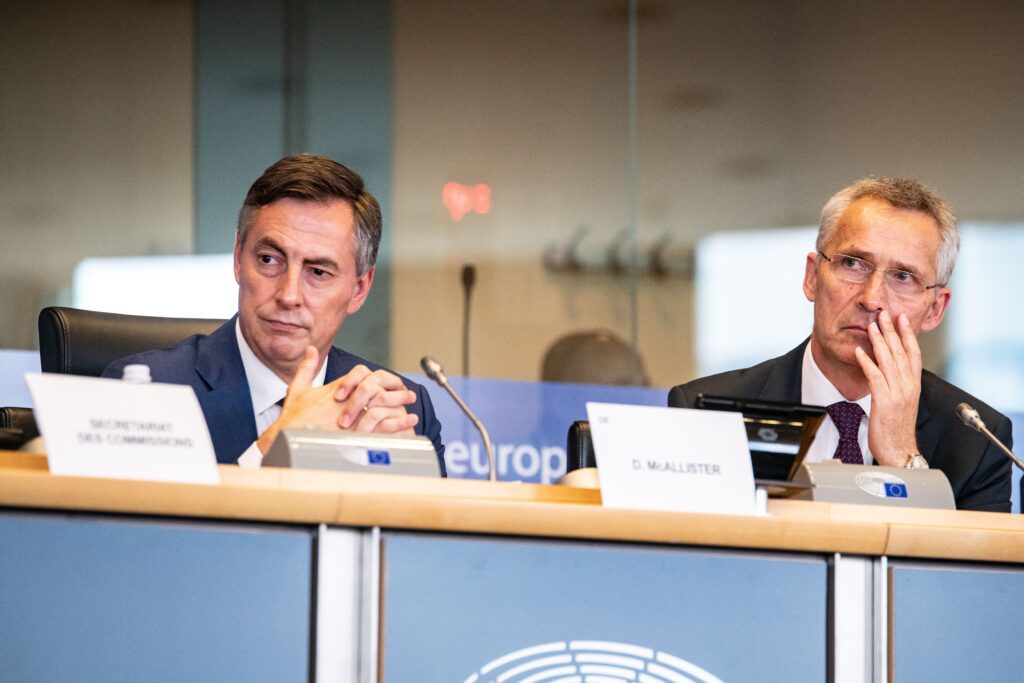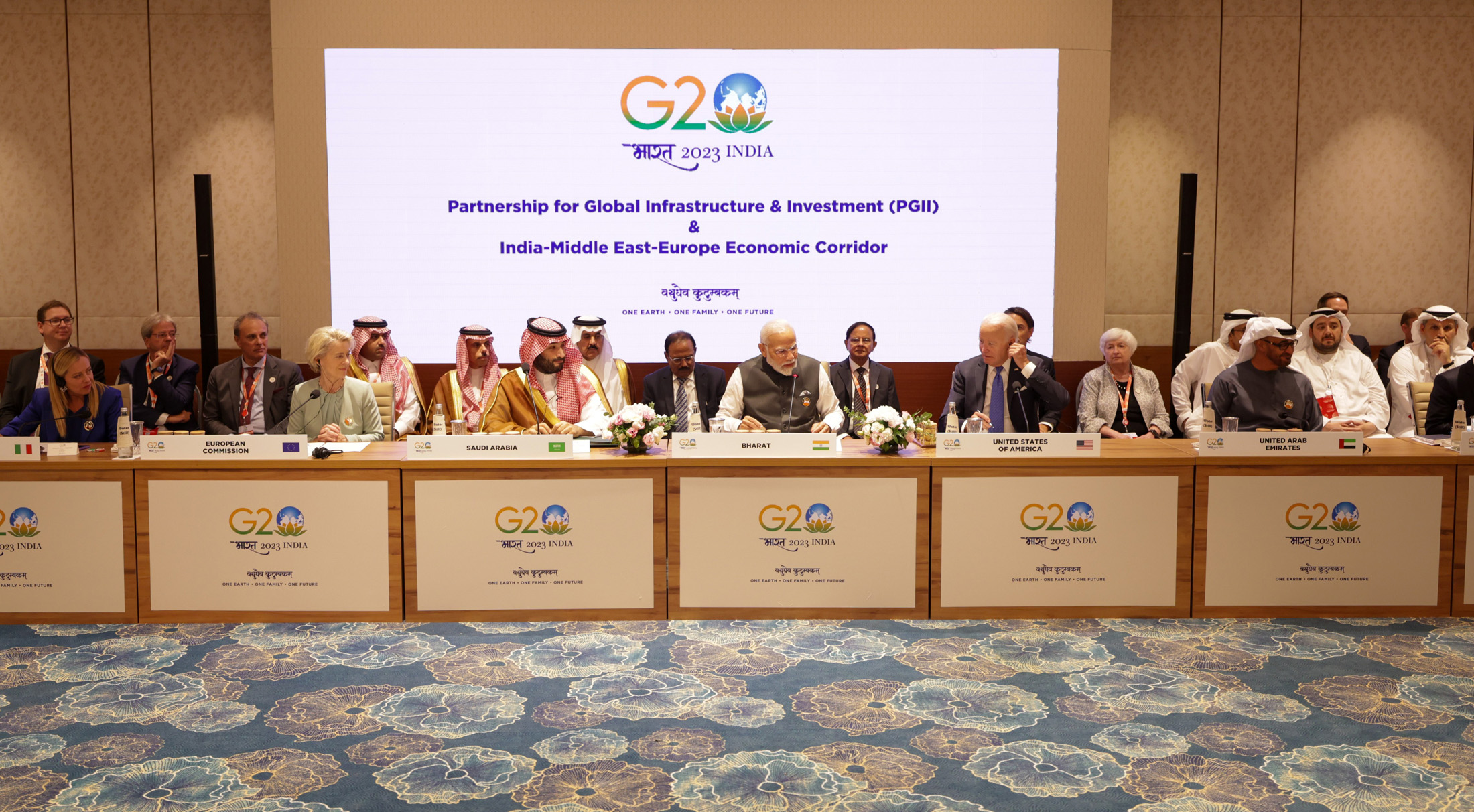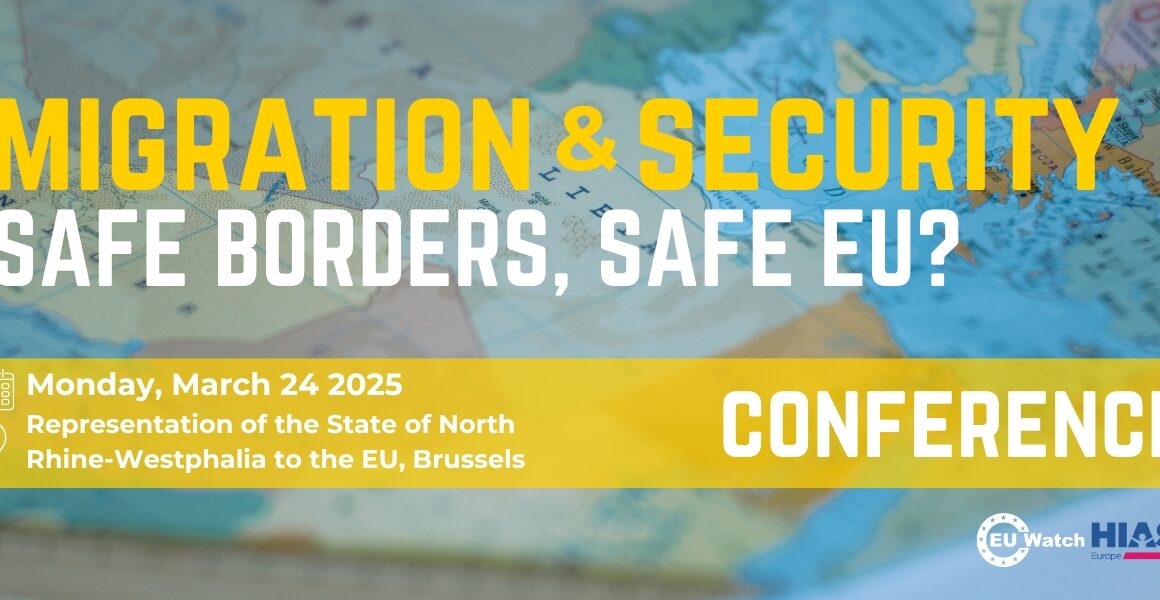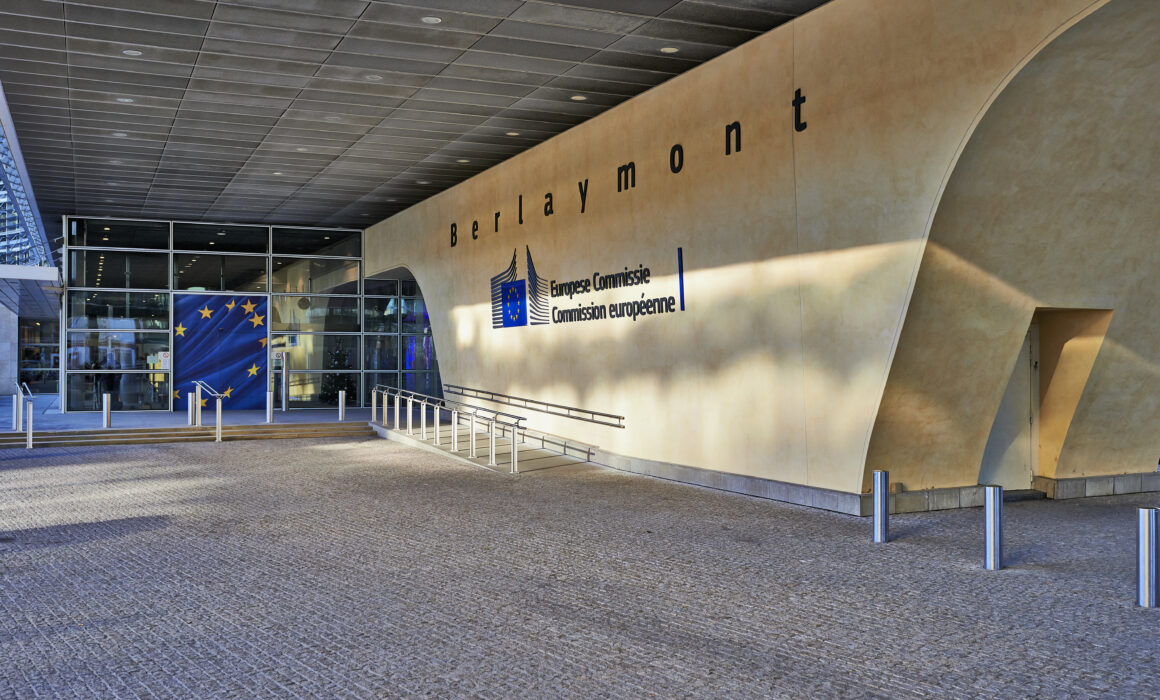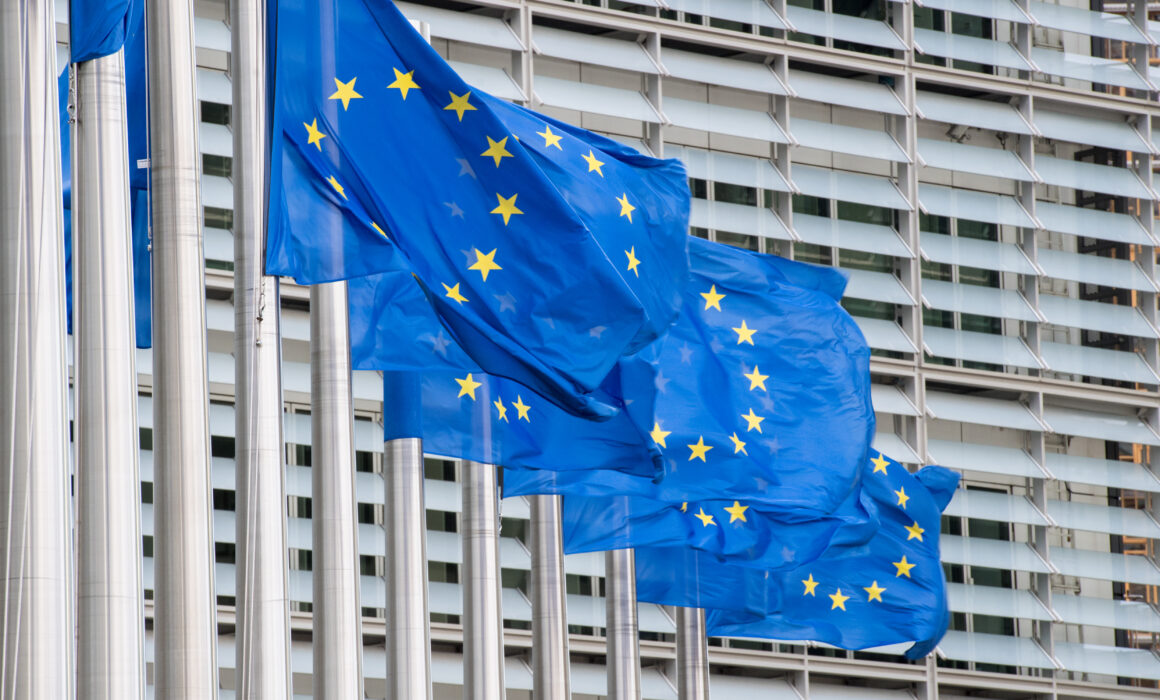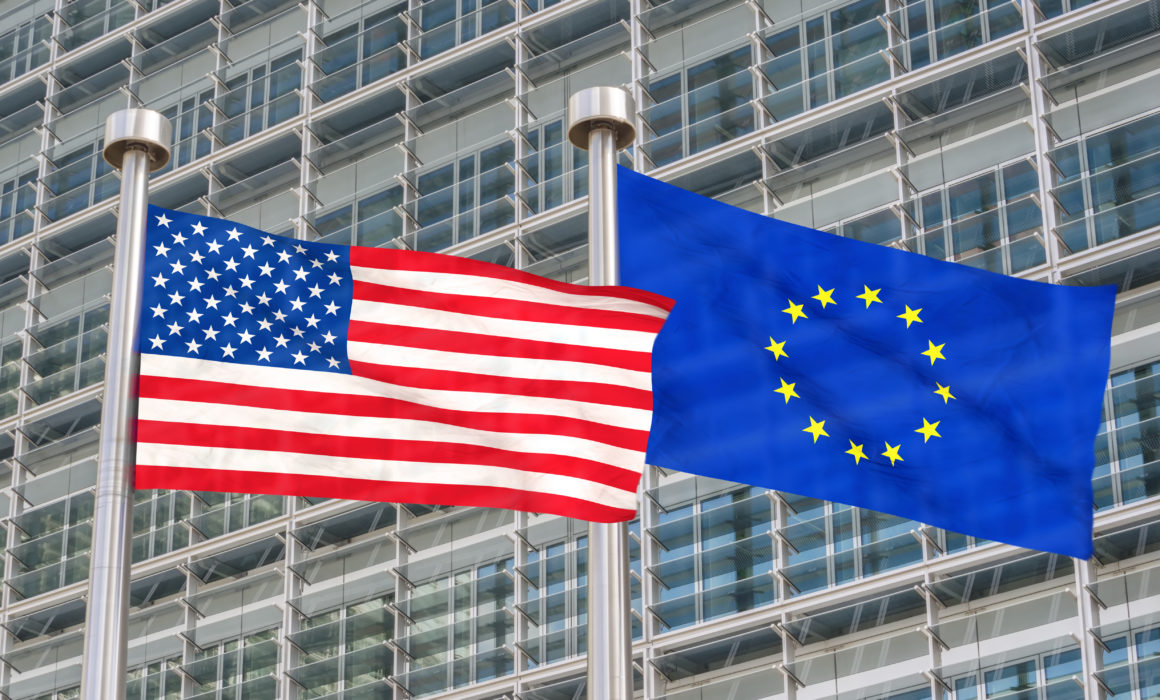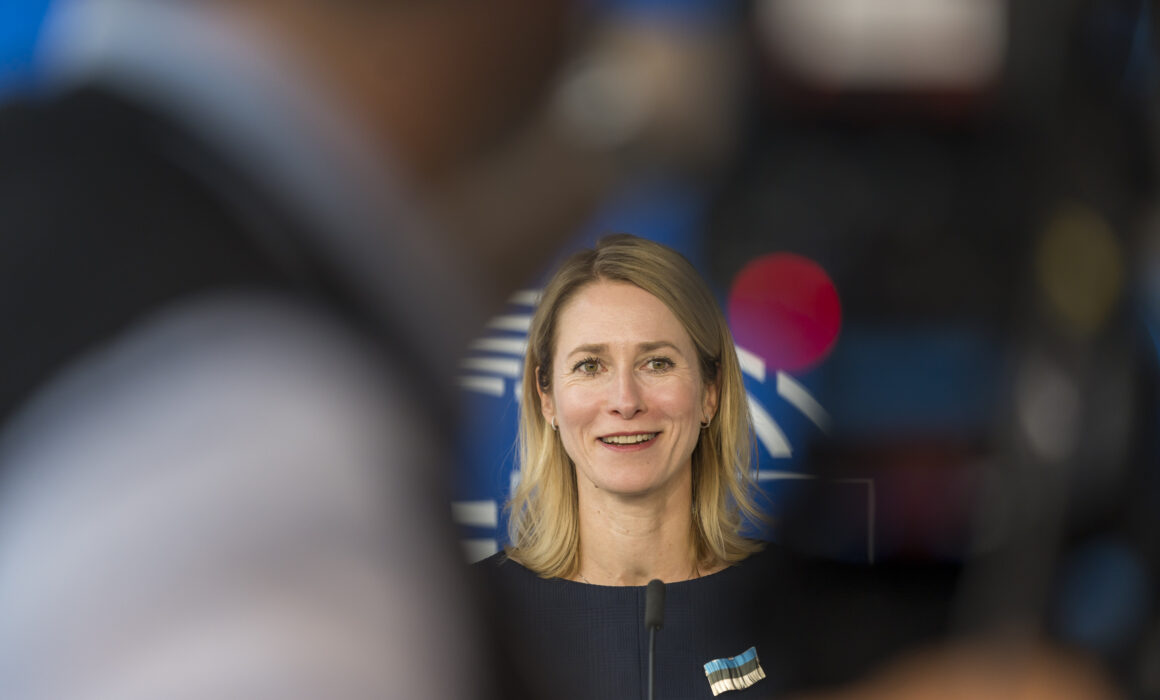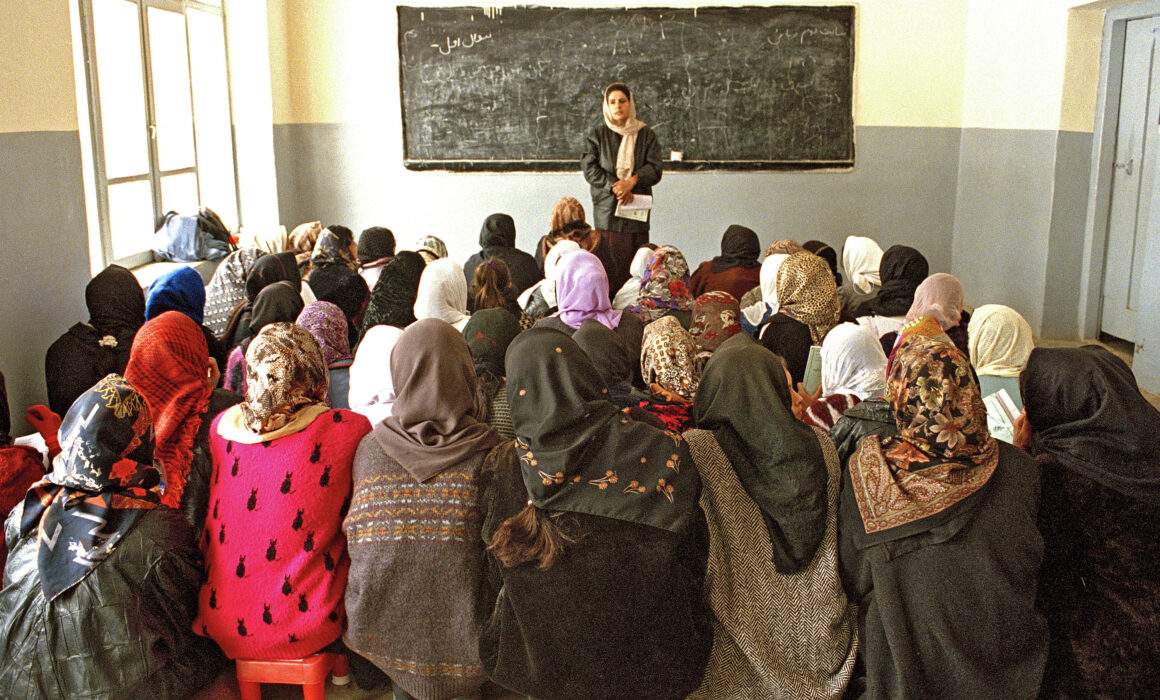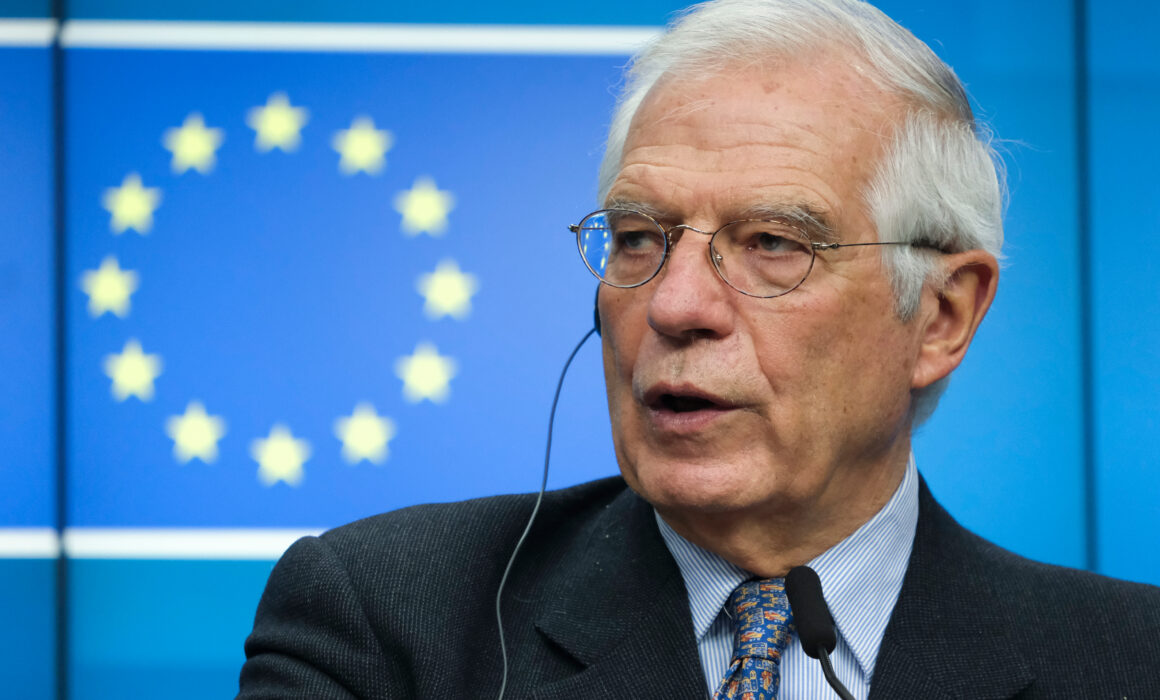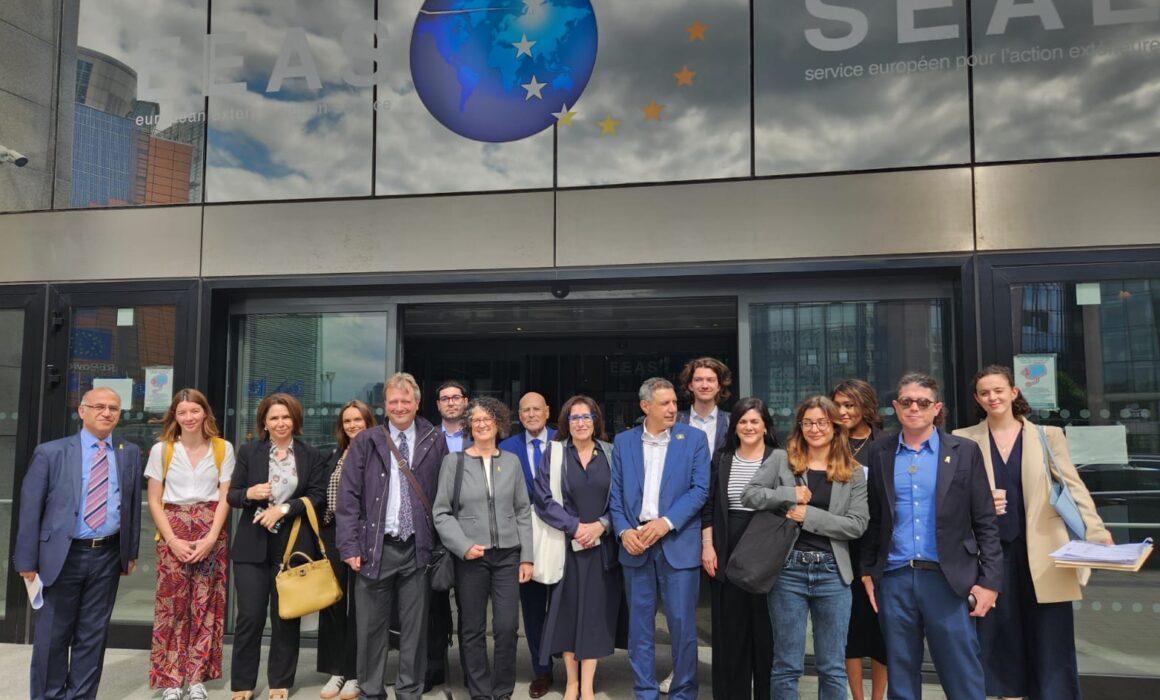Some say we don’t need parallel structures, NATO is good enough. Is the transatlantic alliance not a better way to protect European security?
The EU’s security and defence policy should remain transatlantic and become more European at the same time. Nothing should be done twice, but nothing should be left undone. I welcome the close cooperation between NATO and the EU, which was underlined by our third Joined Declaration in January.
NATO is the cornerstone, the backbone of European security. It is the warden of freedom and liberty in Europe. That is why we will continue to have a close partnership with the United States. For decades, the US has made a vital contribution to our continent’s peace and freedom, and it will continue to be an important partner in tackling the challenges that lie ahead of us.
Does the European Union seek strategic autonomy, as French President Emmanuel Macron has proposed?
I prefer to use the term strategic sovereignty, but that’s more of a linguistic debate. A sovereign Europe, a strategic autonomous Europe also includes a more sovereign security and defence policy. However, we should formulate our strategic sovereignty in close cooperation and communication with our transatlantic allies.
Lately, we have witnessed a lot of new conflicts or the worsening of existing ones. There have been areas where the European Union has probably not had the impact it would like to have. How would you assess what Borrell and the European External Action Service (EEAS) have done over the past four years?
The EEAS has come a long way and made a huge step forward. Don’t forget it was only established in 2009.
The question is: Do we really want to continue what we are doing today? Or are we ready to take brave steps forward? I mentioned qualified majority voting. This isn’t the only answer to the challenges we are facing. In recent years I have witnessed that, if one country is able to block a decision-making process on a question that does not affect the core hub of national competencies (e.g. the adoption of sanctions), this has the potential to create serious difficulties.
Not only do the nember states, but also third countries outside the European Union know that if they successfully influence one country, the remaining 26 do not stand chance. We will see in the next few years, if we can make meaningful steps forward on European security and defence. This is the litmus test of the Strategic Compass.

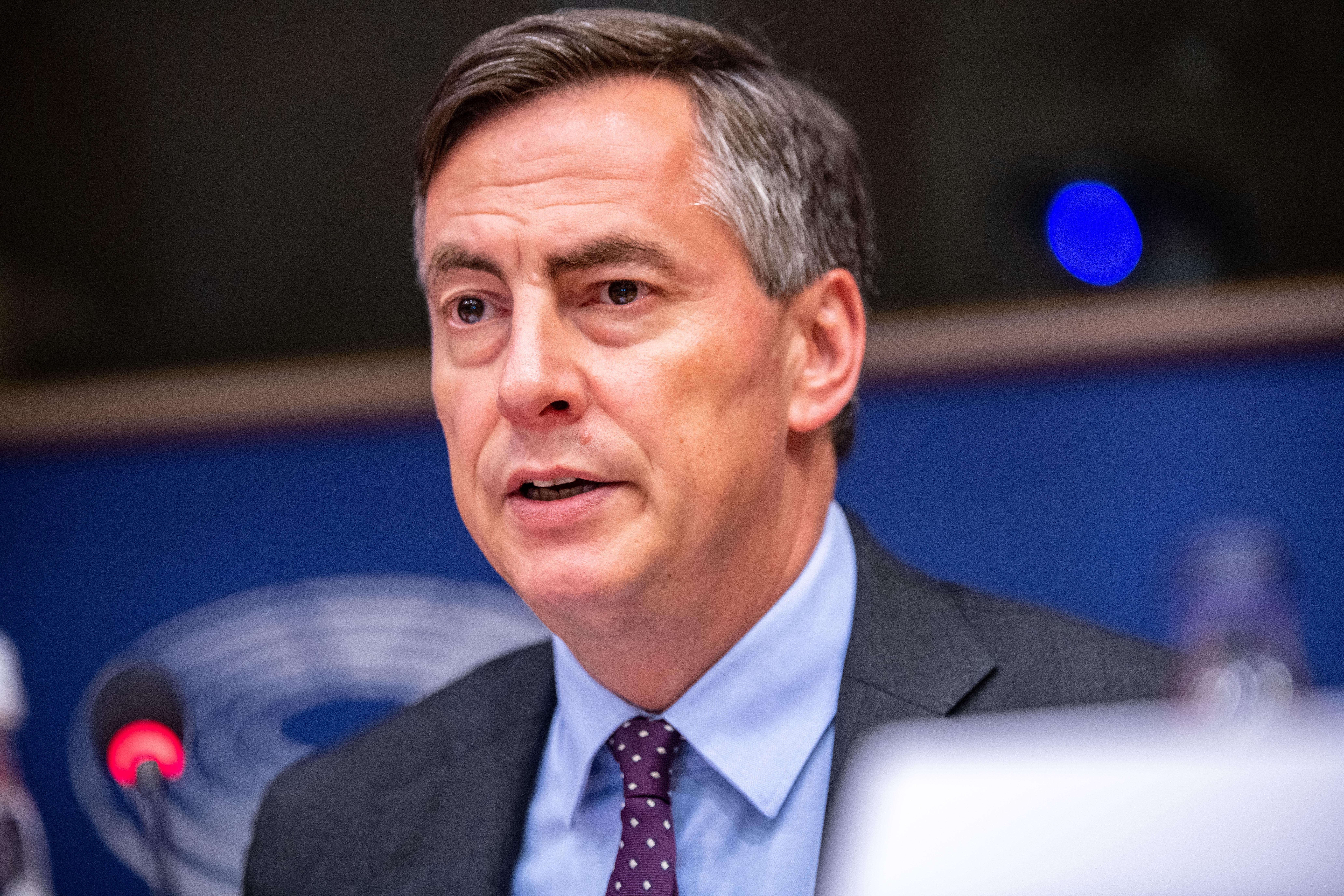

![8th parliamentary term [13553]; Eurocorps; European Army Corps; Open Day 2017 (T) [13812]; Outside view; open doors day of the European Institutions [13383]; Flag; European Flag](https://www.euwatch.be/wp-content/uploads/2023/10/1657424615793_20170514_EP-042130A_MDO_247-1024x682.jpg)
